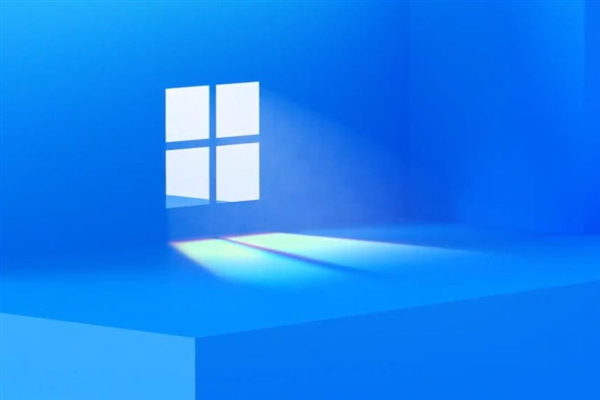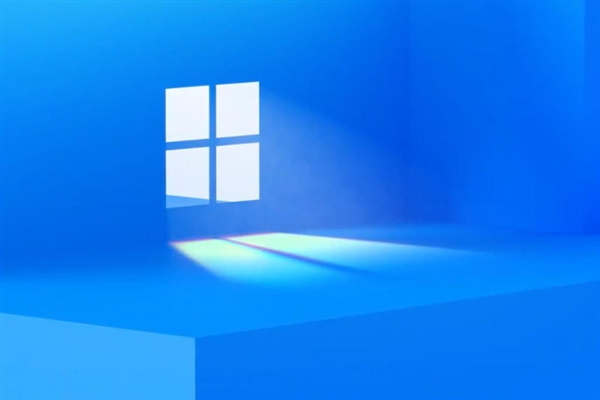July 30, 2025 – German audio technology firm Bragi has teamed up with OpenAI to unveil the ChatAI app, a groundbreaking solution that enables third-party headphone and audio product manufacturers to integrate an AI assistant powered by GPT-4.1. With just a button press or a wake – word, users can effortlessly access this intelligent helper.
Since pivoting from headphone manufacturing to technology licensing in 2019, Bragi has been on a mission to collaborate with well – known brands like Bose. Its goal is to assist third – party vendors in creating headphones that can stand toe – to – toe with industry leaders. The launch of the ChatAI app marks a significant step forward in enhancing the intelligence of headphones.
The core feature of ChatAI lies in its ability to leverage the built – in AI assistant in headphones. This allows users to take notes, get answers to questions, and query information anytime, anywhere. To ensure a seamless user experience, Bragi has made meticulous technical designs. The app can identify the speaker, preventing it from accidentally picking up irrelevant conversations in the user’s surroundings.

During the interaction process, when a user activates the headphone assistant, the multi – modal local model within the ChatAI app processes the user’s request and uploads it to OpenAI in an appropriate manner. Then, the GPT – 4.1 model generates a corresponding response, which is read out to the user by the headphone assistant. In terms of privacy protection, Bragi emphasizes that its servers will not receive any user data. Moreover, local data sent to OpenAI will not be retained within the app, thus maximizing user privacy security.
Bragi also states that the ChatAI system offers strong scalability for its partners. They can build brand – specific experiences on this platform and implement intelligent functions such as learning from user habits and actively adjusting the equalizer settings based on context and personal preferences. Regarding language support, ChatAI will initially offer English, German, French, Spanish, and Chinese, with plans to add more languages in the future.
Additionally, Bragi has shared the results of a survey on the usage habits of AI functions among users in different regions around the world. In China, users are more inclined to use translation tools, often using them as a secondary translation aid in meetings. In other parts of the world, the use of AI functions is more diverse. As for consumer acceptance of AI – enabled headphones, the survey shows that 89% of consumers are willing to pay an average premium of 25forheadphoneswithAIcapabilities.Thiswouldraisethepricerangeofregularheadphonestobetween135 and $160.
Bragi has set its sights on a summer launch for the ChatAI app. However, it will be up to individual brands to announce which of them will adopt this new system.












